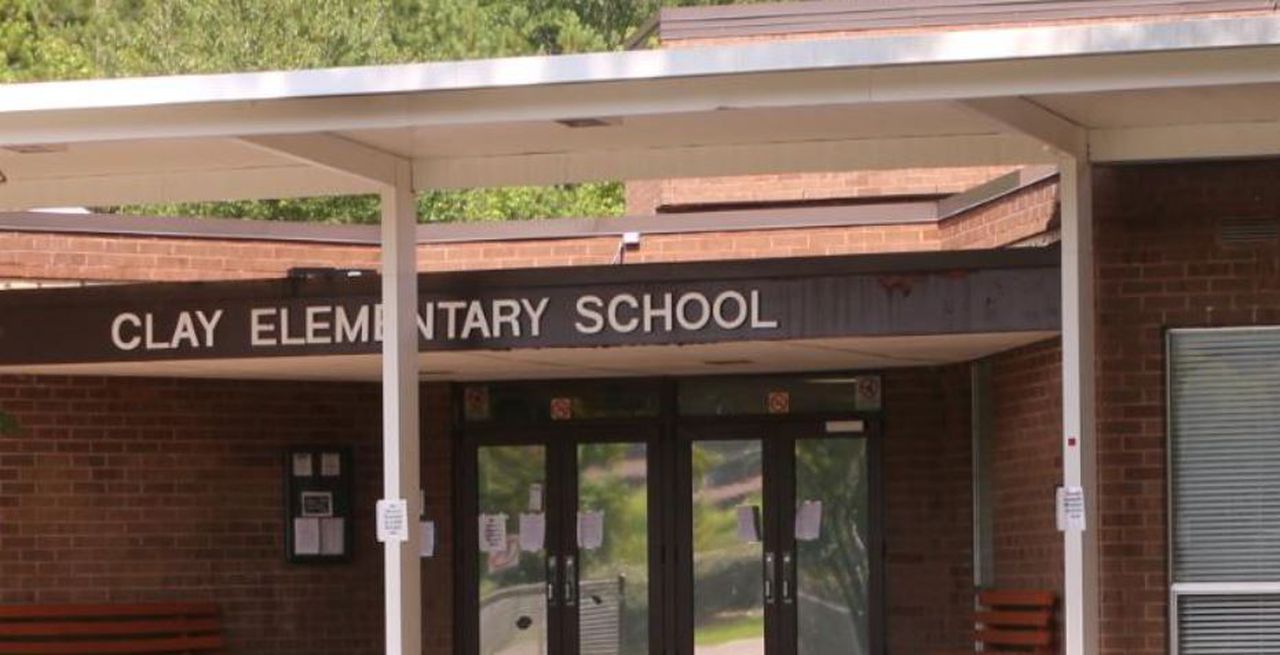Jefferson County special education aides surprised by new enforcement of job requirement
Two dozen special education aides working in a local school district are being told they must show proof they have met a two-decade-old set of federal and state education requirements or their jobs could be in jeopardy.
At issue is a 2004 law — and a lack of compliance that apparently went unnoticed until recently. Federal law requires that special education aides who help instruct students at Title I high-poverty schools meet certain state-determined education requirements.
Schools have a tough time finding special education aides, who are typically among the lowest-paid staff in a school. In Jefferson County, special education aides earn between $18 and $21 an hour, or from $23,500 to $27,500 a year, depending on experience.
“If [district officials] understand what these employees do day to day as a paraprofessional then they would understand that this is nonsense,” said Central Alabama Federation of Teachers President Erika Hughes.
About 30 people didn’t have the correct documentation on file, according to the school district. Some aides have worked for the district for more than 20 years, Hughes said.
AL.com reviewed an email from the district’s assistant director of human resources dated Feb. 1 stating “in order to be employed as an Instructional Paraprofessional,” the aides must show proof they had met one of the following requirements to be considered highly qualified:
- Successfully completed two years or 48 semester hours of college courses, or
- Passed three tests in the ACT WorkKeys series.
Hughes said she began hearing from the association’s members last week.
“I had employees that were calling me at 7:00 on Friday morning in tears,” Hughes said. “My phone is ringing off the hook.”
Hughes said she doesn’t see the requirement pertaining to the AFT members she has spoken with because they don’t help teach students they work with. Job descriptions and actual duties with students aren’t instructional, she said.
Alabama Deputy Superintendent Angela Martin said a distinction can be drawn between instructional and non-instructional paraprofessionals, and the highly qualified requirement applies only to instructional aides.
“We had between 25 to 31 people who didn’t have the documentation on file,” said Jefferson County Superintendent Walter Gonsoulin. “And so we’re working through that particular list to see who actually has those requirements and who doesn’t.”
Gonsoulin said the district expects all aides that work with children to be able to help with instruction.
“All of our paraprofessionals are instructional paraprofessionals,” Gonsoulin said, adding there are approximately 180 special education aides working in the district. “We have to be in line with our mission and our vision, which is to ensure that our children are educated by well-qualified people.”
Asked why the lack of documentation wasn’t discovered earlier, Gonsoulin said he didn’t know. He said some people on the list had already provided proof they met the requirement.
The district is providing materials to help study for the test and will pick up the full cost of the test, too. Gonsoulin said officials have not placed a timeline on meeting requirements and are determined to help everyone who wants to meet requirements retain their job.
Hughes said her organization will continue to fight the district on this and has asked the National American Federation of Teachers for help.
“Tenured employees who have given their lives to this district should be grandfathered in, and I will not stop until they are either reclassified [as non-instructional] or grandfathered in,” she said.
